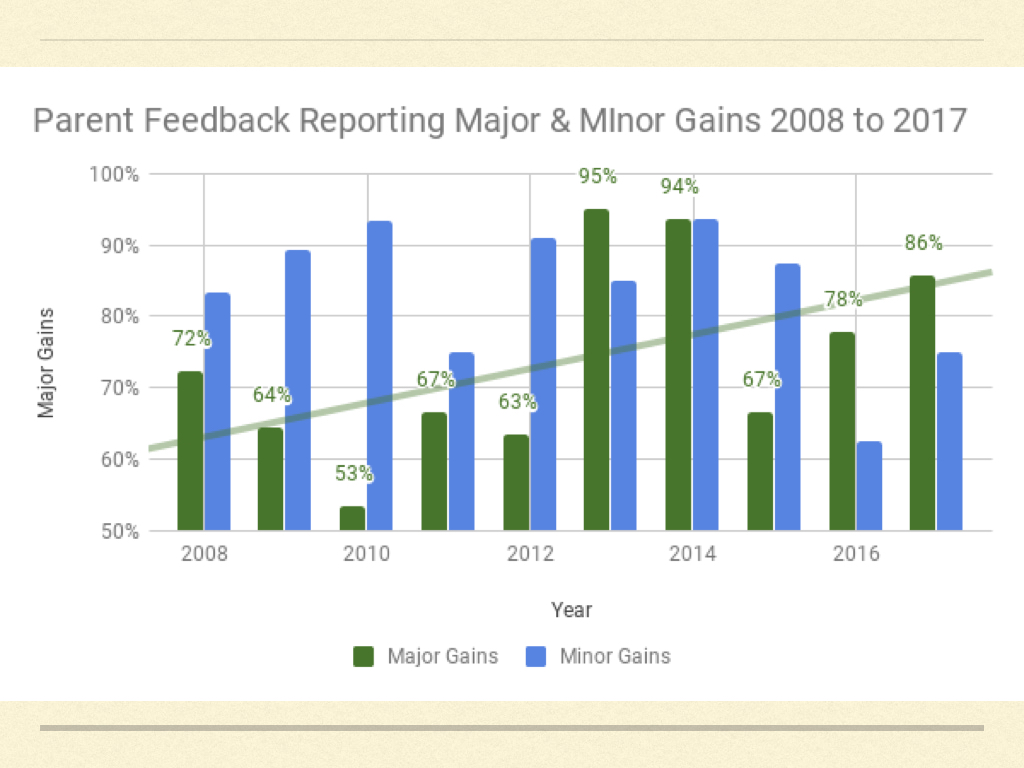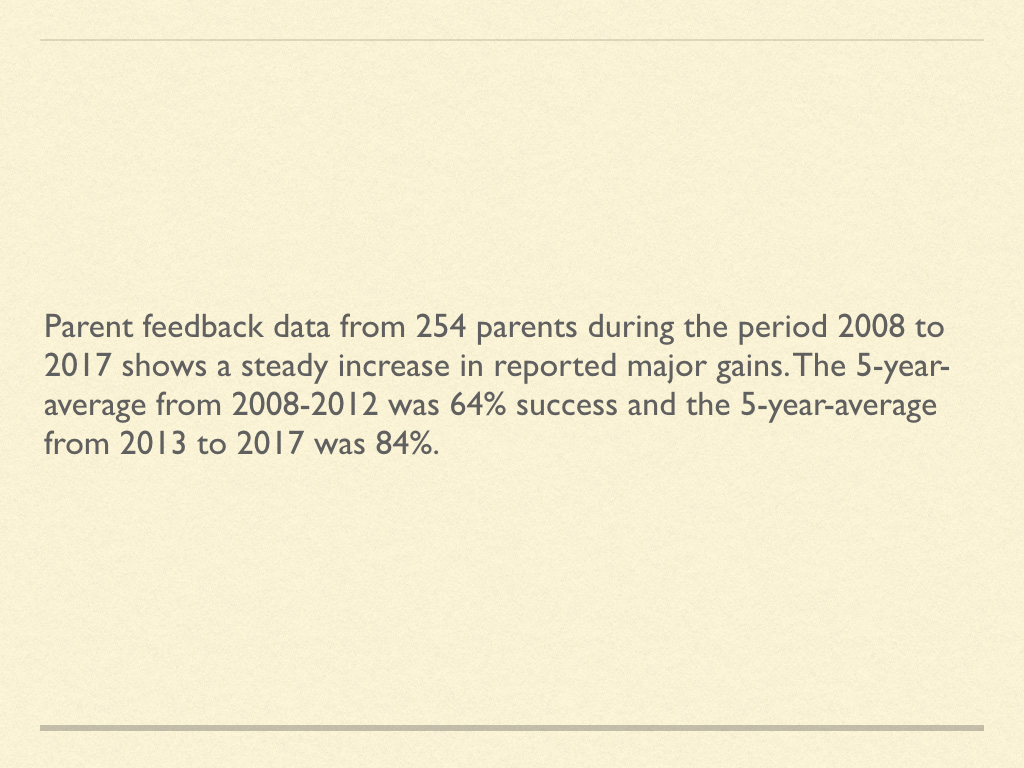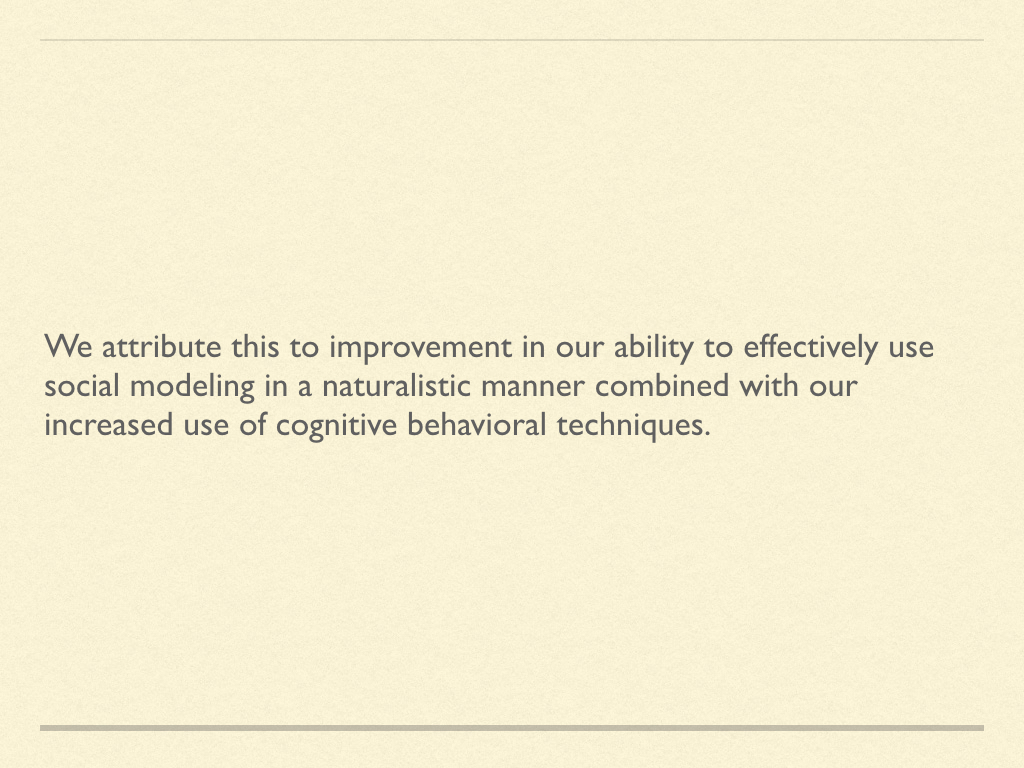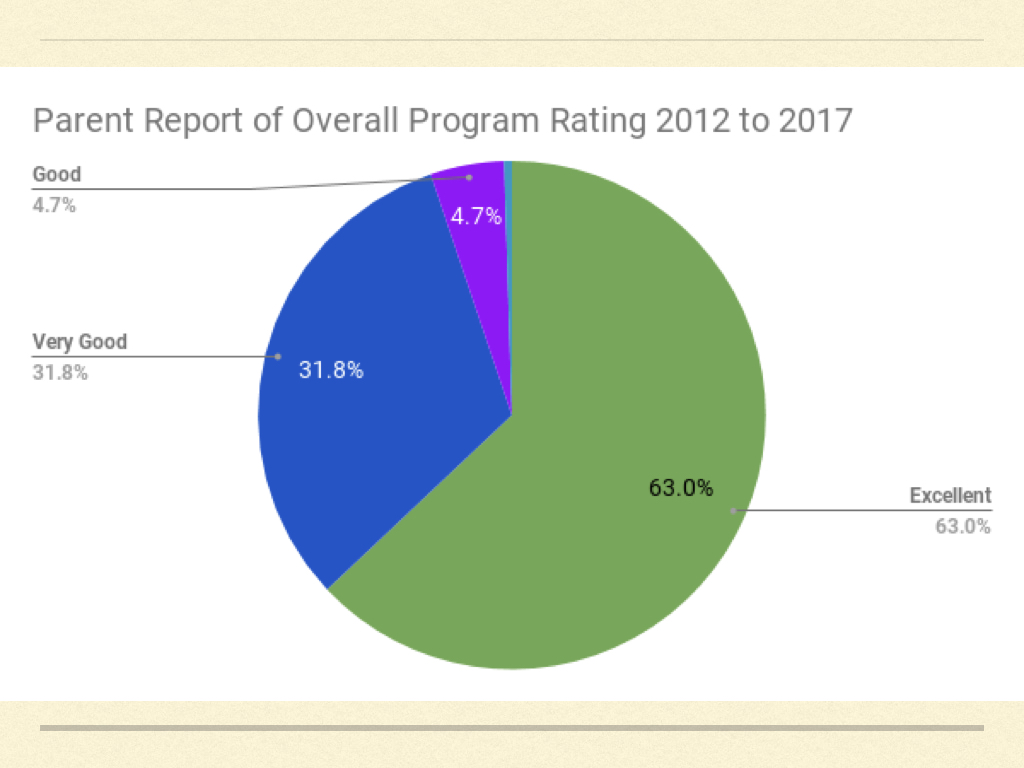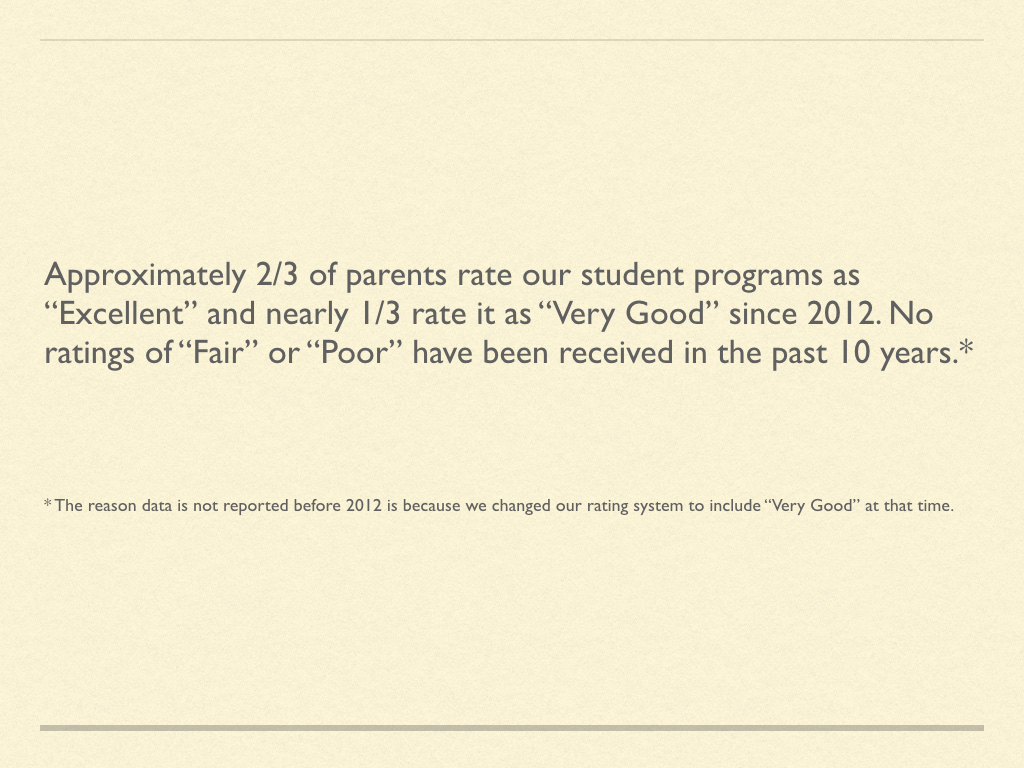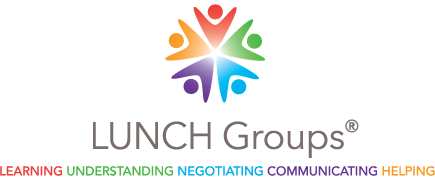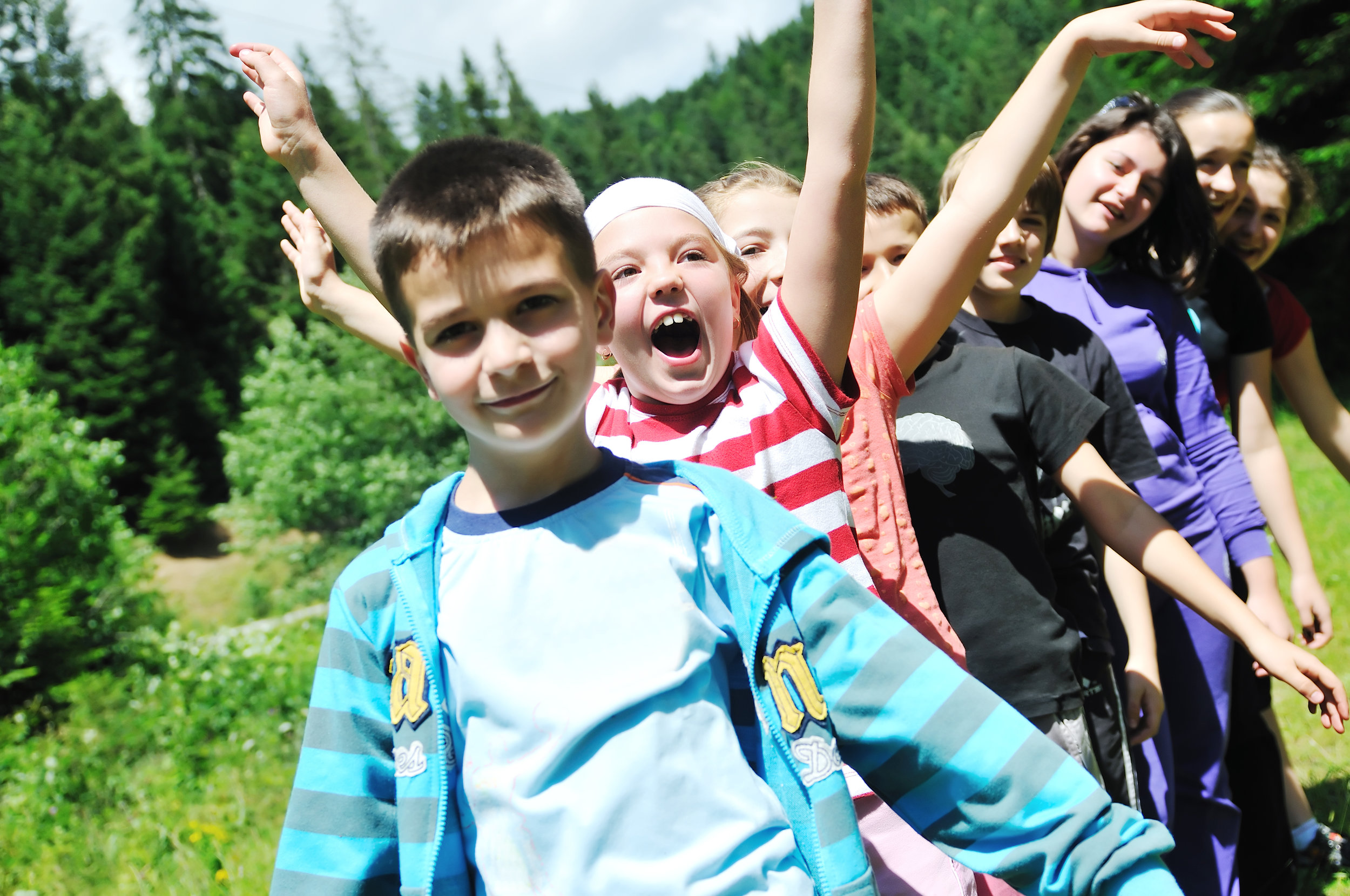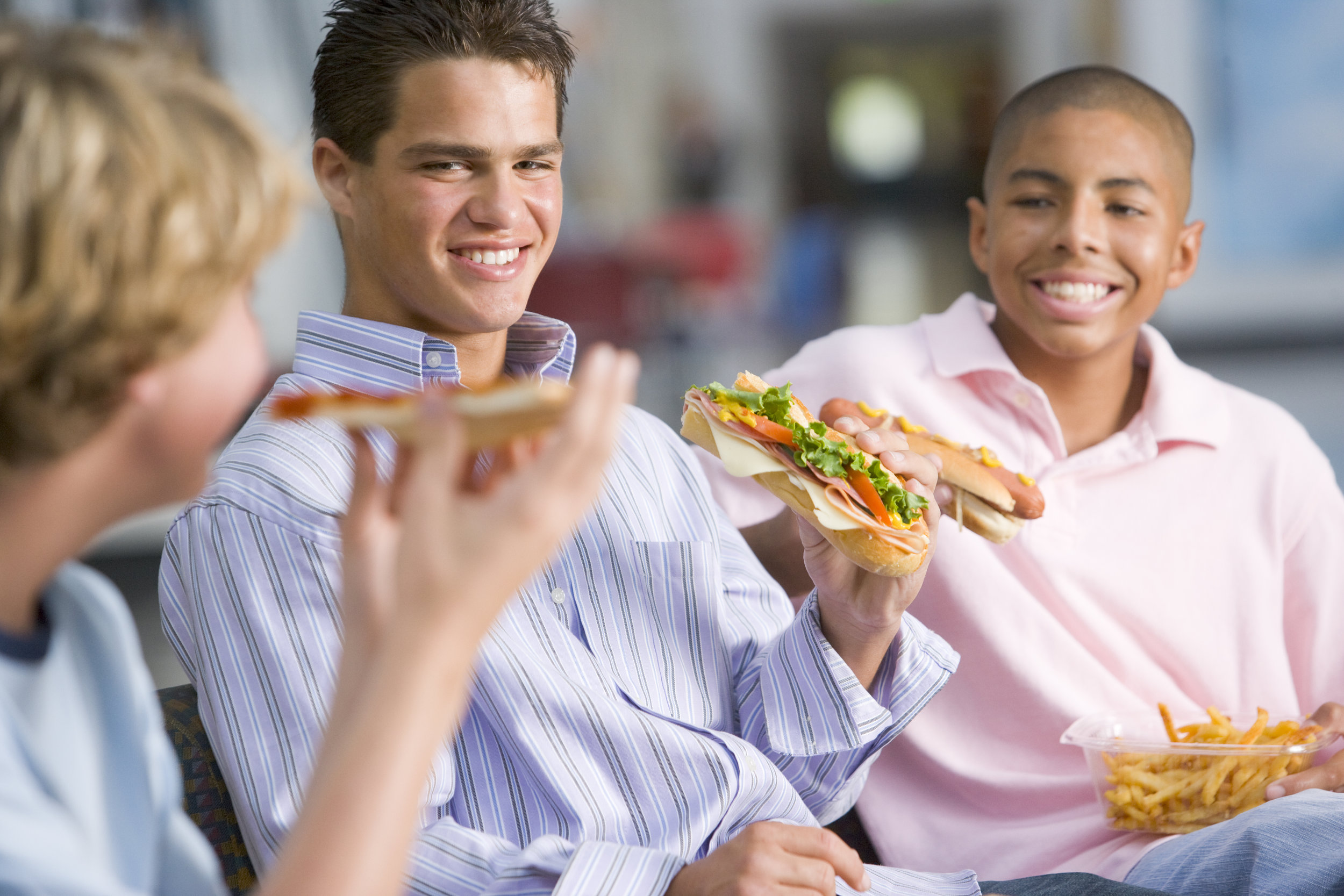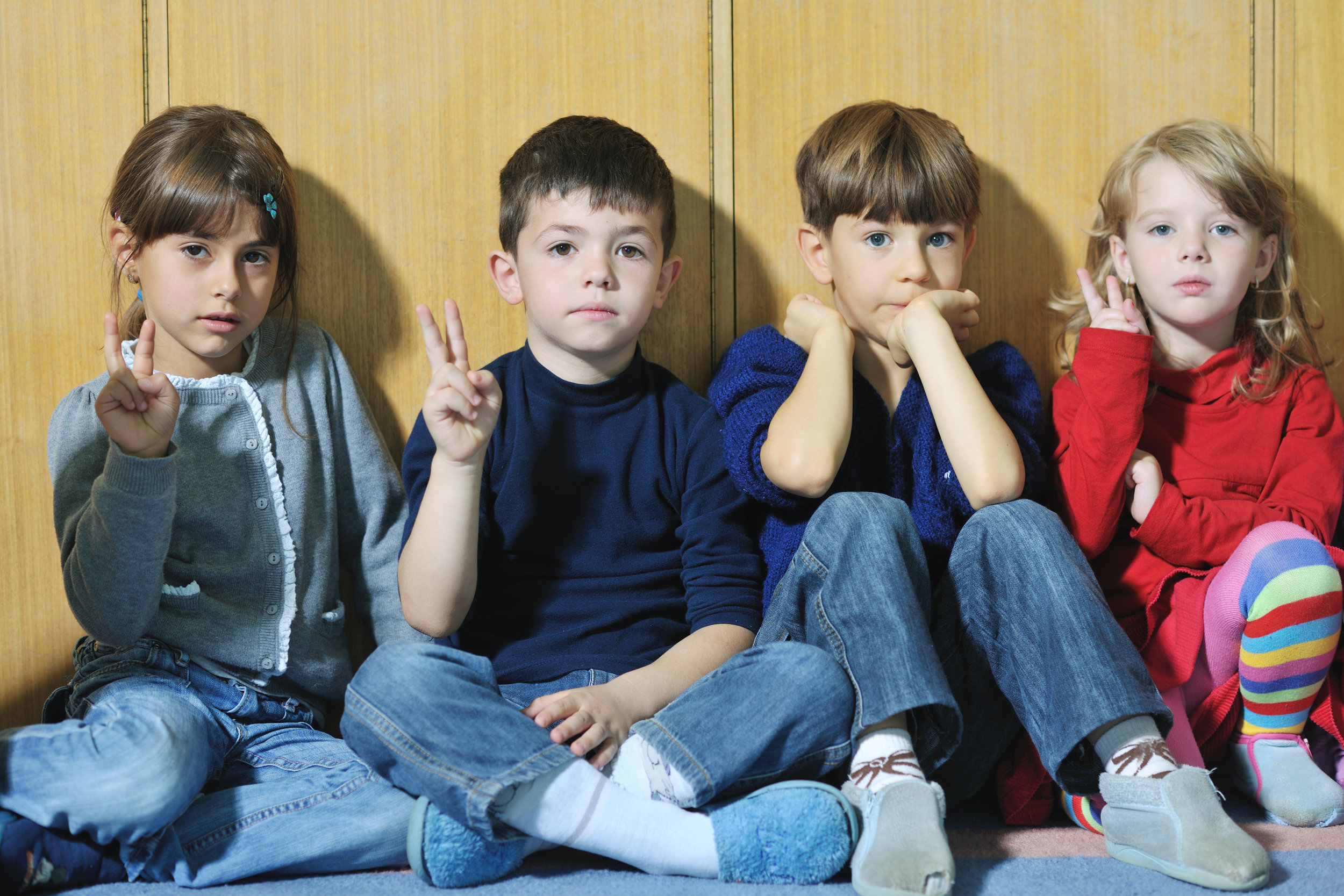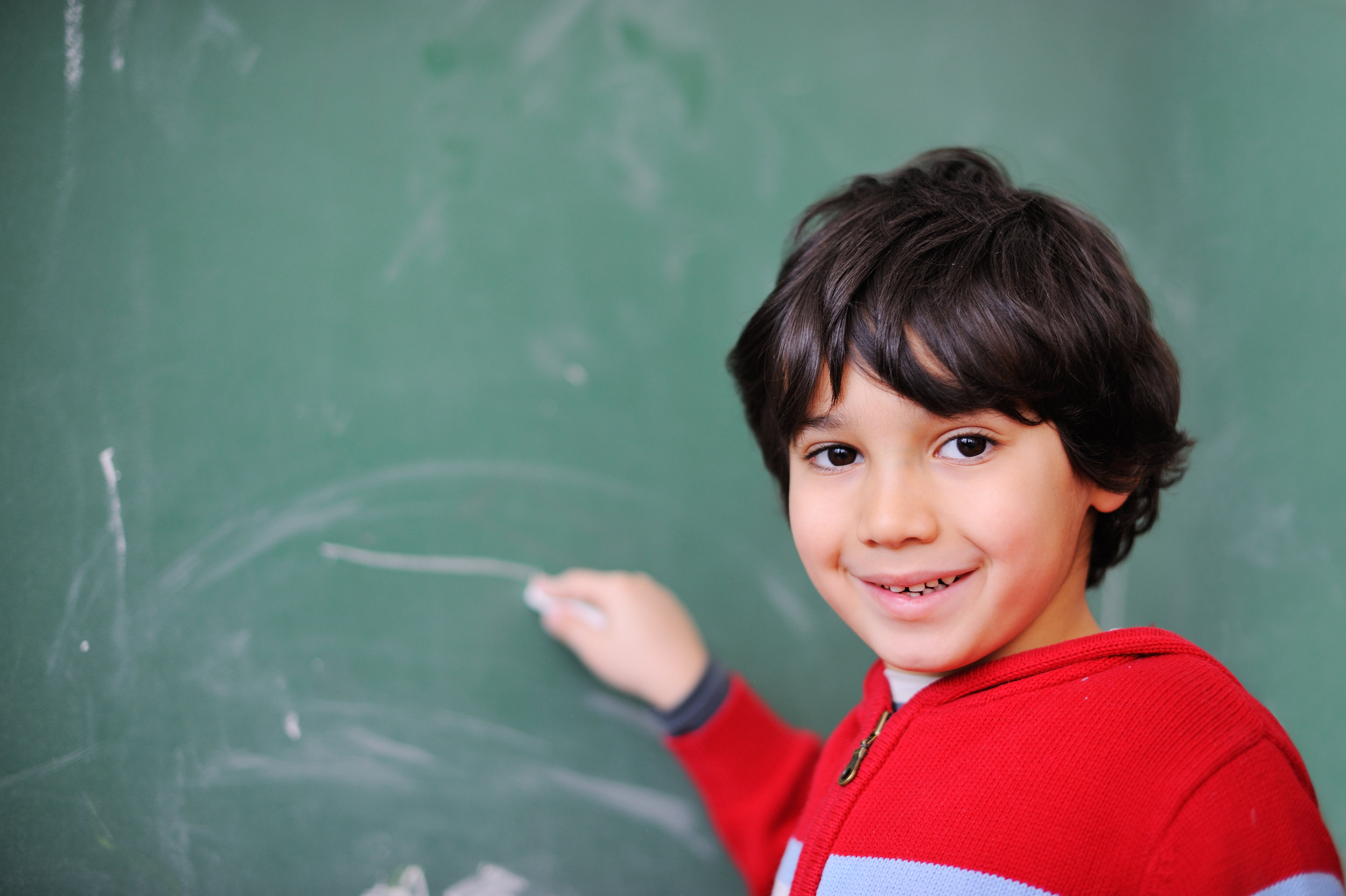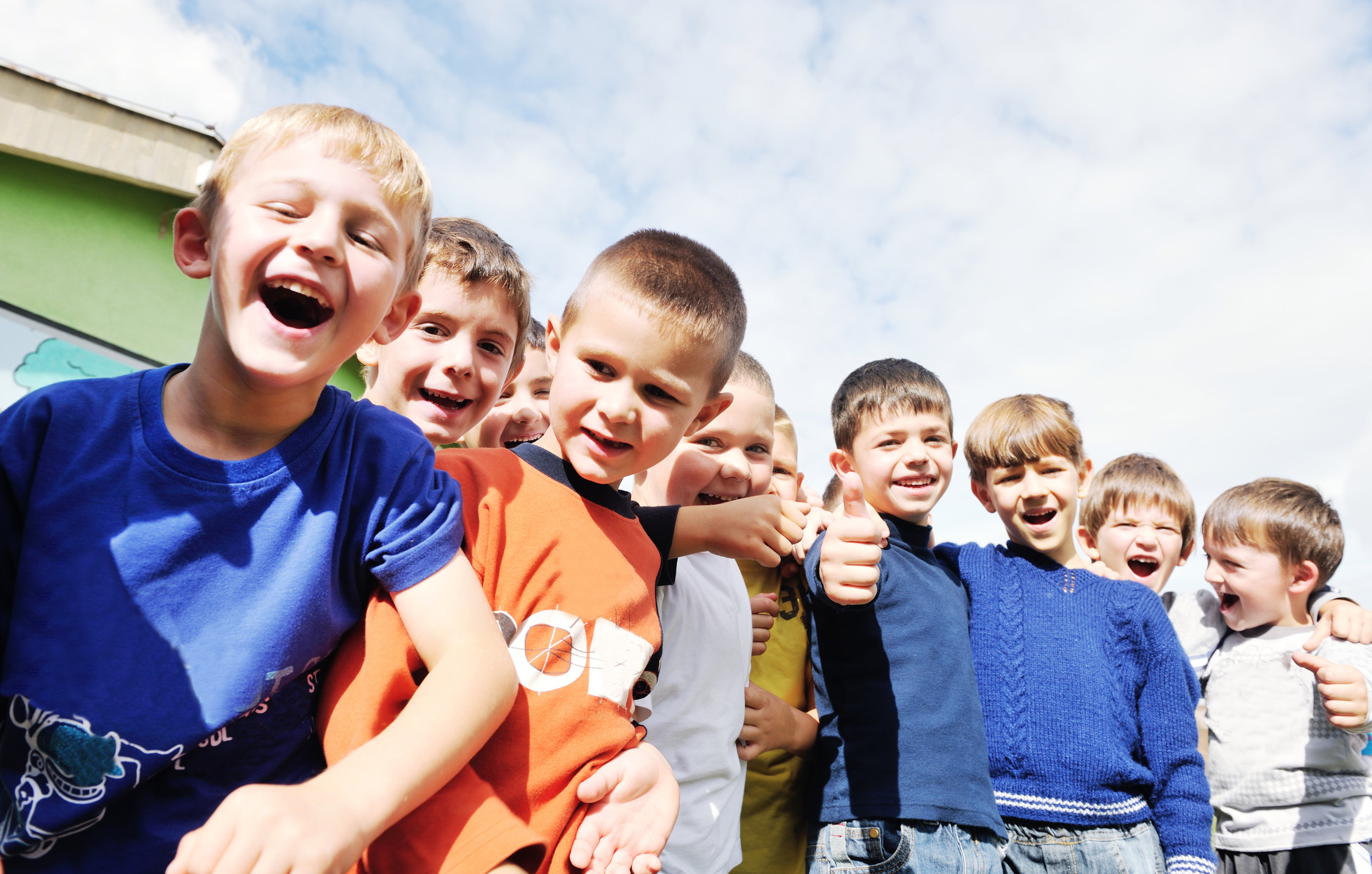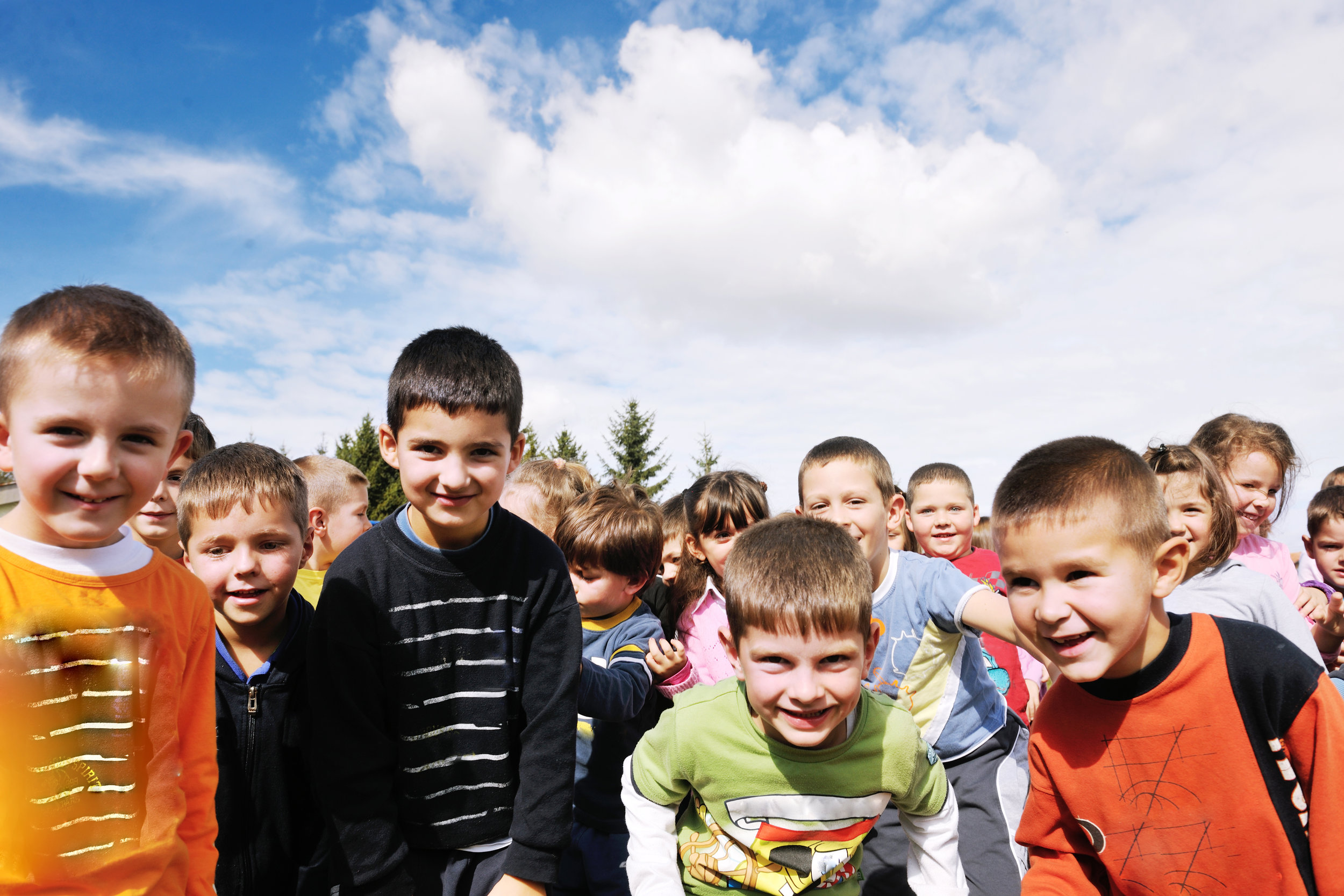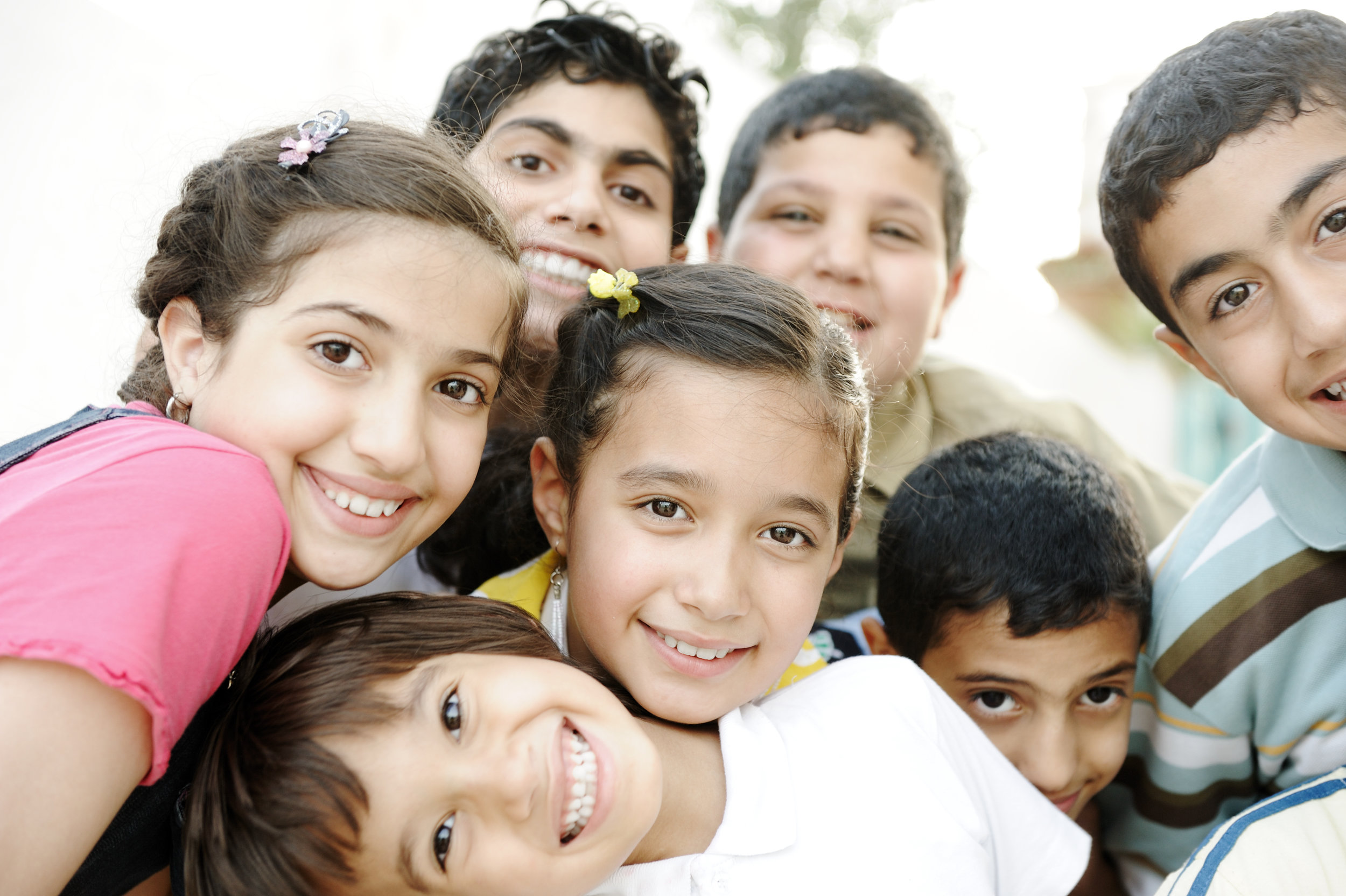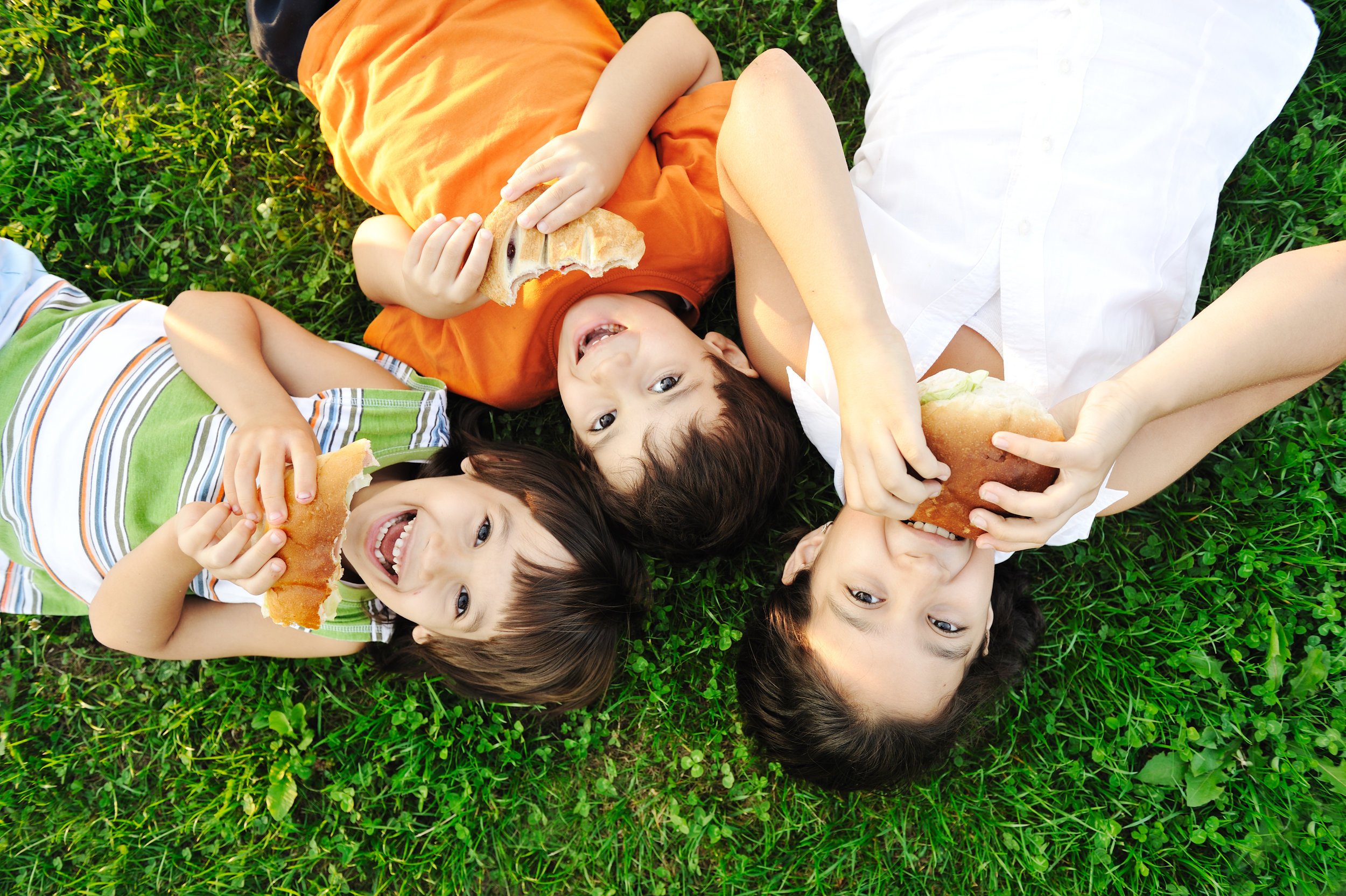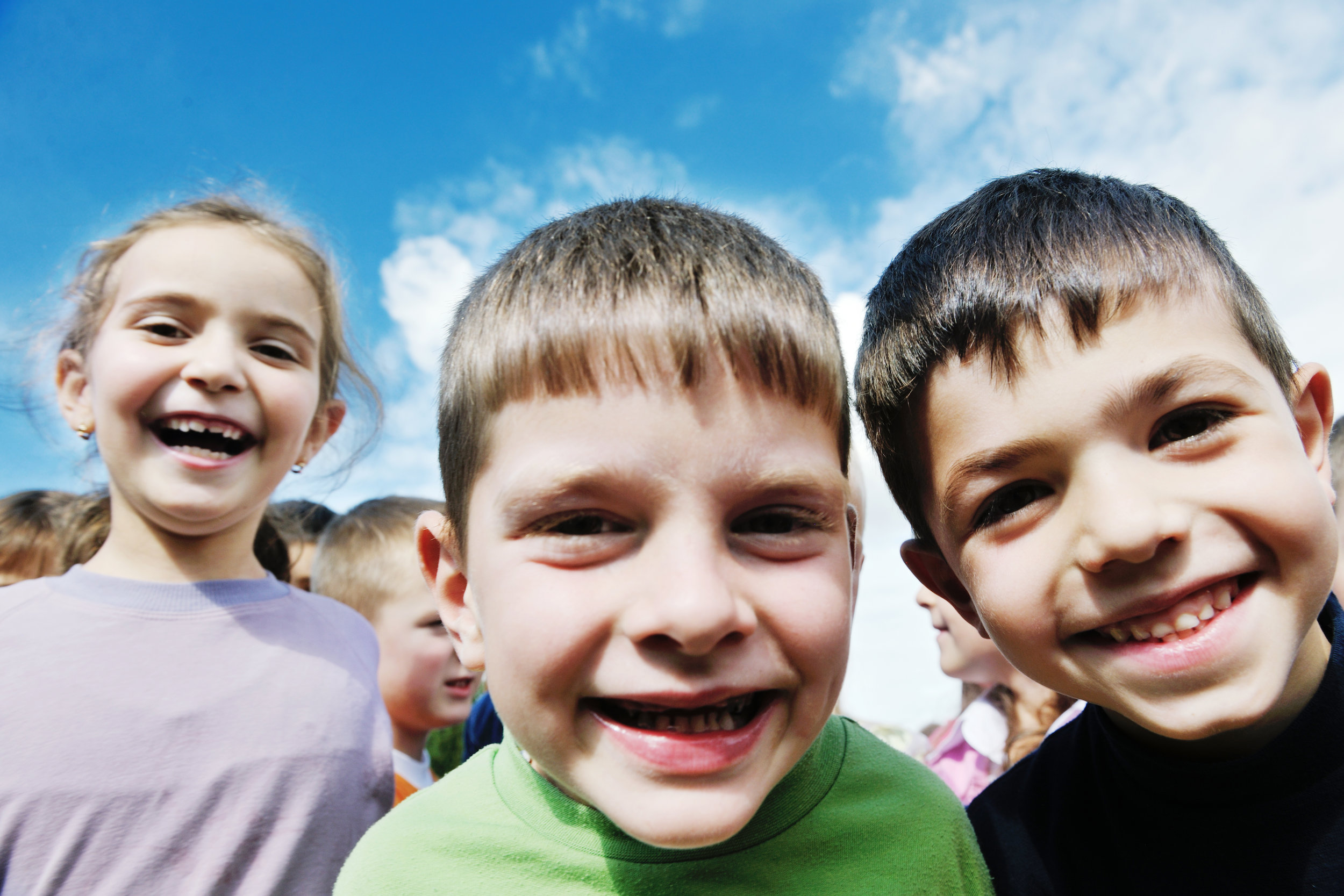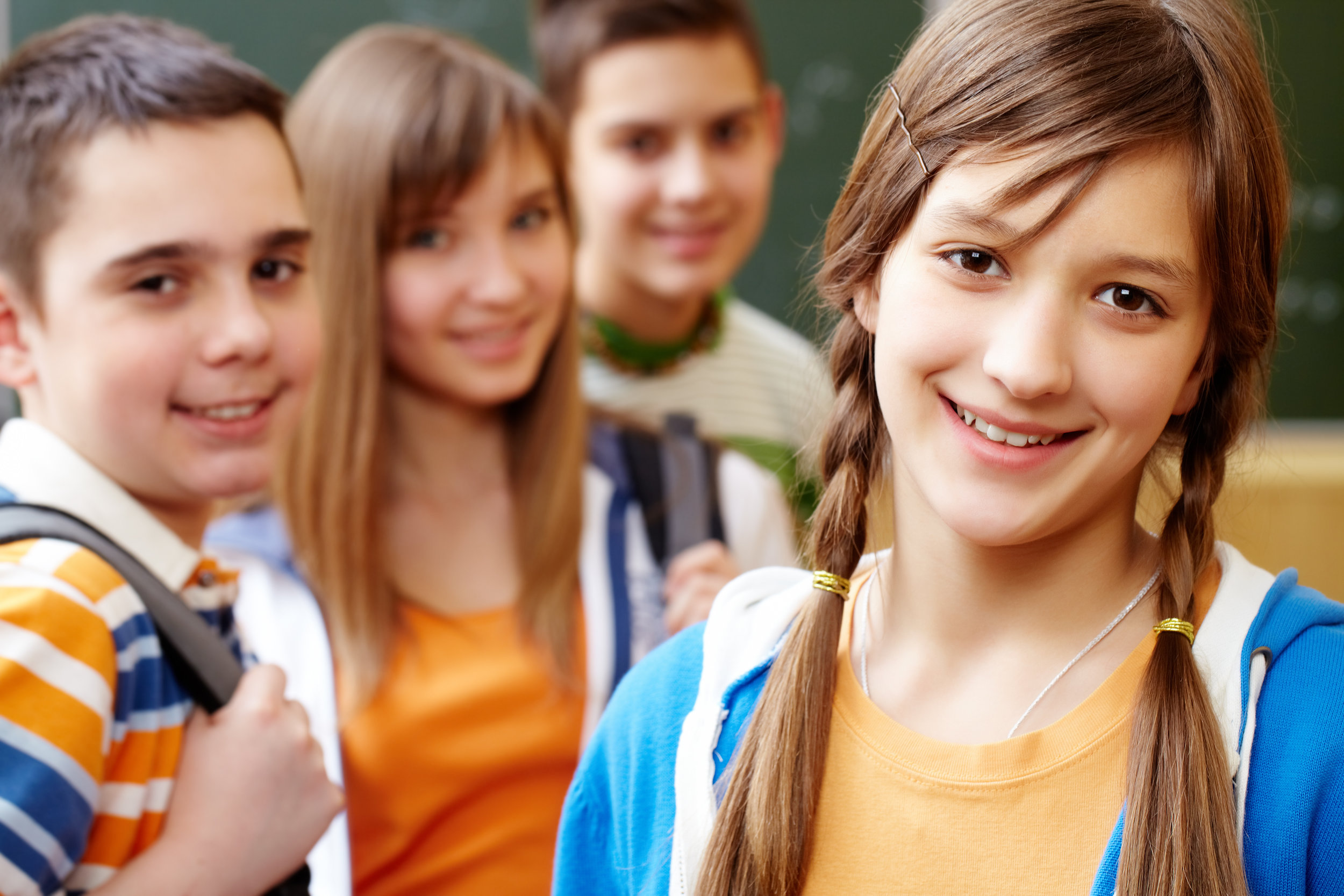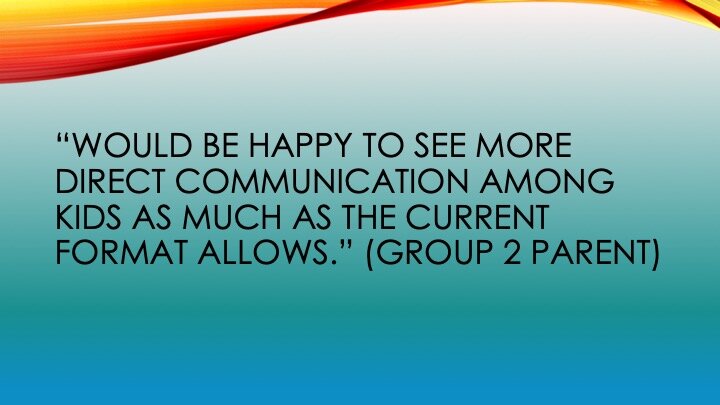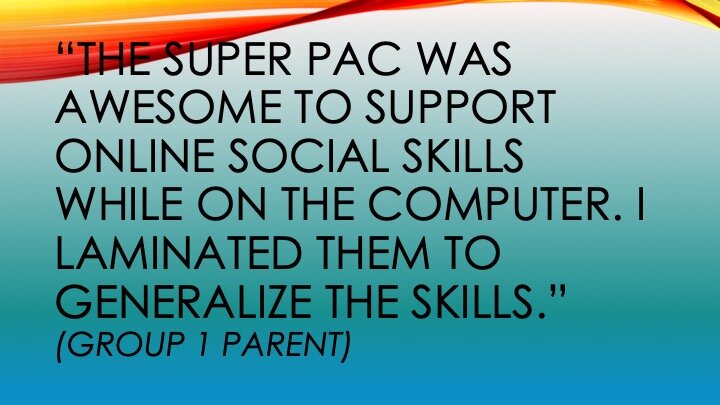Intensive Summer 2024 Programs
Now in its 22nd year, we will be holding three Encino-based summer programs for ages 8-11, 11-13, and 14-18 (upper elementary, middle, and high school). For those who are not familiar with our programs, while our school year programs combine indoor activities with going out to eat, our summer programs involve traveling throughout the LA area to different venues. By doing so, we have an opportunity to extensively practice important social skills, such as focused attention, broadening food choices, reciprocal socialization, managing disappointments, pragmatic skills, environmental awareness, technology mindfulness, and important academic readiness skills.
A typical day involves a short period following drop-off where we discuss the day or relevant topics before boarding a private Touring Coach and heading off to places such as the LA Zoo, Peterson Automotive Museum (with lunch at LA’s Farmer’s Market), Will Rogers State Historic Park (hiking, games, and picnic), plus novel seasonal activities. We are typically out in the community for five hours, then return toward the end of the day for an afternoon snack, light games, and/or wrap-up activities.
Click here to download a copy of our flyer.
Click here to complete our Contact Form and set up a no-charge consultation.
Overview
LUNCH Groups® is a transdiagnostic treatment program funded by both regional centers and school districts as well as private pay (we do not bill insurance). Having treated over 2,100 students and adults during the past 22 years running the LUNCH Groups® Social Learning Programs, we offer five programs for ages 6 to 24. Our average success rate, as indicated by parents, has generally ranged between 70% and 82% (details below). Part of the program occurs in the office, where we focus on developing executive function, pragmatic, conversational, and emotional control skills. The process continues in our in vivo sessions, where participants either go for a snack (elementary school-aged groups) or out to dinner (middle and high school, adult programs).
Below is a deeper dive into how we build behaviors
-
The ability to perform a task or behavior with little or no conscious effort or attention. When a behavior becomes automatic, it means that it has become so well-learned and practiced that it can be executed without requiring active cognitive processing. Automaticity is often associated with the concept of habituation, where repetitive and consistent practice leads to the developing of automatic responses. Just as tying one’s shoe or using the brake becomes automatic, we focus on helping participants engage in social and adaptive behaviors in a similar manner.
-
This refers to mental and/or behavioral fluidity. Mental fluidity can refer to the ability to be adaptable, flexible, and open-minded in one's thinking or problem-solving approach. It implies the capacity to switch between different mental states or perspectives easily.
Behavioral fluidity involves one’s ability to effortlessly and smoothly carry out adaptive and social behaviors.
-
Fidelity encompasses several concepts. It can also refer to the degree of accuracy, detail, or precision when engaging in social and adaptive behaviors producing a high-quality effort.
However, it also refers to the consistency and reliability of responses. Helping participants to engage in reliable, competent, high-quality behaviors is a necessary step in building trust by others and a sense of competence, a necessary step for improving self-esteem.
-
For many students, the ability to sustain their focus is limited to video games and areas of interest. In group, we practice building and rewarding sustained attention multiple times per hour. This is a critical skill to improve, especially for students with executive function challenges.
Student Characteristics
Most of our students and adults have diagnoses of ADD/ADHD, ASD Level 1, 2e, social shyness, oppositional or defiant behavior, learning challenges, or mild language challenges. However, some have no diagnosis other than experiencing social awkwardness. Our treatment approaches combine research-based behavior management operant learning techniques, social cognition theory and modeling, cognitive behavior therapy, self-efficacy and self-determination theory, and psychoeducational discussions. The students receive spending money to use at community venues.
Parent Support
All Groups include parent meetings. These are begin prior to the students attending and continue through the duration of the summer program. We review student functioning and general strategies for improving independence, resilience, emotional control, and other daily living skills, such as bedtime and technology use. We also discuss individual students at the parents’ request.



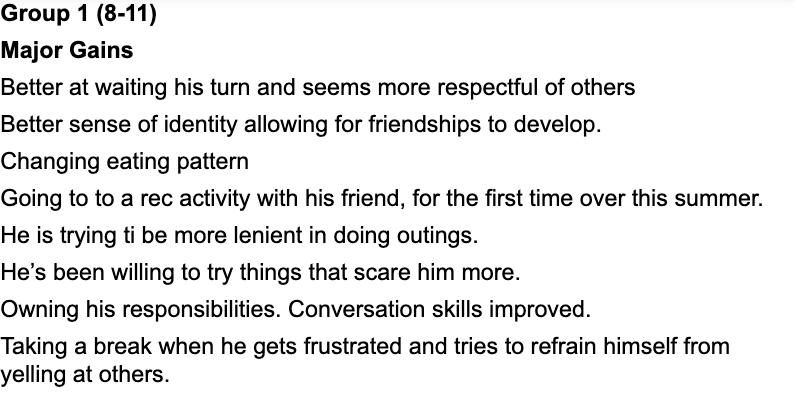
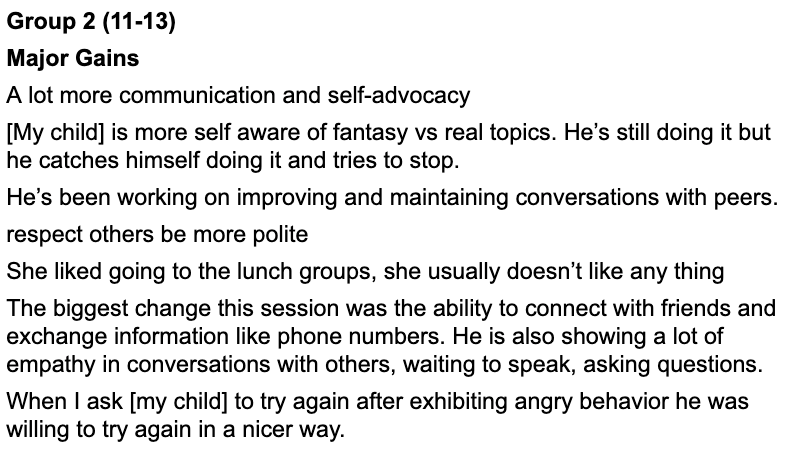
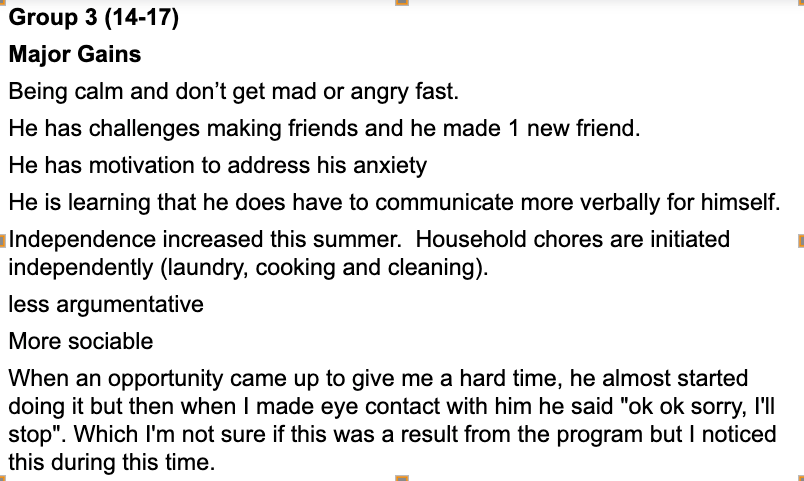

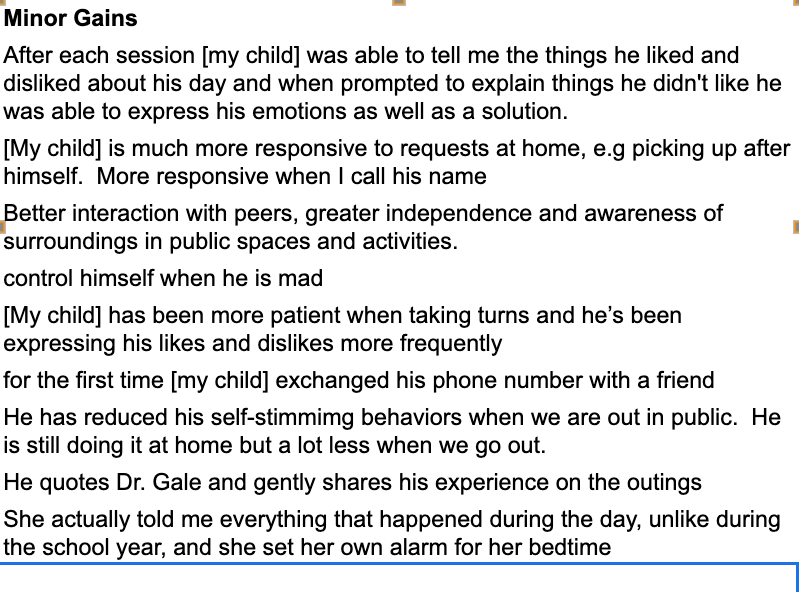
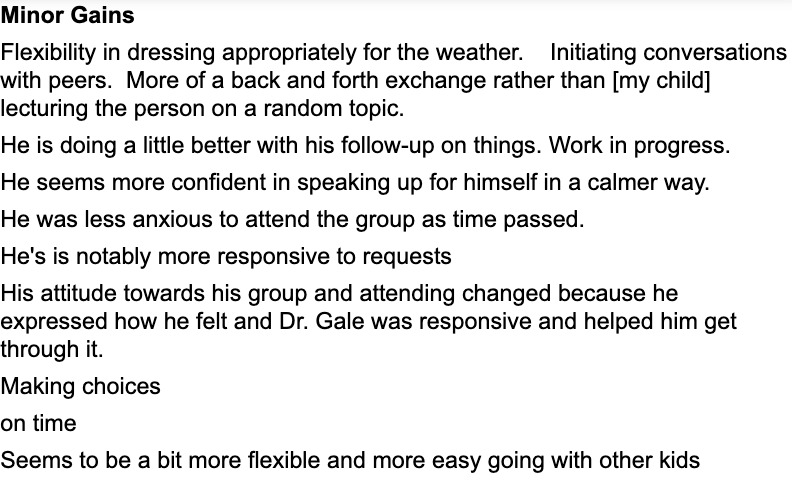
Exclusion Criteria
We do not accept students who have a recent history of violence at school, problems with elopement, or whose language skills are sufficiently impaired that they are not likely to benefit from our program curriculum.
School Year Program Overview
Elementary School Age Snack Groups
It sounds simplistic, going for a snack at the cafe in our office building, nearby markets, or visiting a restaurant and ordering appetizers. But, this creates real-life practice opportunities unattainable in a traditional office environment. Some of the skills we work on include leadership skills, sustained attention, emotional control, environmental awareness, social competence, working memory, and processing speed. Office activities include a focus on subjects such as proper sleep, the importance of exercise, technology use and digital safety, friendship making, and respect for others via videos, games, and discussions; computer animation activities to promote oral and written language skills plus group collaboration skills; game playing, and occasional guest presenters, such as our long-running Comedy Workshop. There are also occasional day-long activities to other locations, e.g., mini-golf, bowling, or bus trips to the Griffith Observatory and other locations.
Middle/High School Age/Adult Dinner Groups
Going out to eat serves multiple purposes. We work on ordering and trying new foods, meal manners, eating at a typical, not rushed pace, and engaging in conversations during mealtime. Students enjoy a leisurely meal at “real restaurants.” Office activities include a focus on subjects such as friendship making, proper sleep, the importance of exercise, prevocational skills, technology use and digital safety, and respect for others via videos, games, and discussions; computer animation activities to promote oral and written language skills plus group collaboration skills; game playing, and occasional guest presenters, such as our long-running Comedy Workshop. There are also occasional day-long activities to other locations, e.g., mini-golf, bowling, or bus trips to the Griffith Observatory and other locations.
Program Research
Participants increase their proficiency in key areas by visiting naturalistic settings and practicing effective prosocial skills in real-time, combined with a range of engaging activities and motivating technologies. We have maintained an average treatment success rate of 76% over the past ten years. Carefully arranging activities so students are more likely to learn from one another improves the chances of generalization of skills outside of sessions. We focus more on developing intrinsic motivation, and the rewards used in the program are primarily social in nature.
Program Background and Details
In addition to our school year and summer programs, we offer the following
School-Based Training
We can train school staff to conduct programs that are based upon our LUNCH Groups® treatment model, combining current research-based behavior management techniques, social learning, and cognitive behavioral treatment. Dr. Gale is certified by the CA Department of Education as a Nonpublic Agency. Contact us if you would like more information.Are you a professional looking to begin your own groups?
Read our latest articles:Gale, B. M., Greenberg, S. R., Poommai, R., Horowitz, C., & Butler, C. (2023, August 3-5). Using “challenges” to increase student behavioral generalization via group social skills treatment [Poster presentation]. APA 2023 Convention, Washington, DC, United States. Click here to view.
Gale, B. M., Greenberg, S., & Ireland, K. (2021)Adapting an in-person transdiagnostic social skills program to online delivery: Technology to the rescue. International Electronic Journal of Elementary Education, 13(3), 391–406. https://doi.org/10.26822/iejee.2021.199
Developing/Running Transdiagnostic Social Skills Intervention Programs for Children & Adolescents (Originally published in THE LOS ANGELES PSYCHOLOGIST, Fall 2017).
For a list of other selected publications and presentations, click here.
The LUNCH Groups Magazine is a free public resource. It can be viewed by students, parents, teachers, or anyone interested in helping students be more successful in life. The focus leans toward using technology responsibly, the health impact of excessive technology use, and information about parenting.
Core Treatment Areas
Executive
Functioning
Paying attention
Planning
Organization
Self-monitoring
Self-regulation (emotional control)
Effective judgement
Working memory
Successful coping strategies
Accepting feedback
Daily
Living
Basic nutritional understanding
Understanding the importance of sufficient sleep
Maintaining hygiene-related behaviors
Trying new foods
Restaurant behavior
Using technology responsibly
Pragmatic
Language
Reading non-verbal facial and gestural cues
Knowing what to say, when to say it and how to say it
Speaking in a manner that fits specific social situations
Adjusting language usage to the audience being addressed
Giving brief and concise responses
Technology
Mindfulness
Understanding the four different types of technology usage
Monitoring how extended technology use can impact mental and physical health
Learning to treat technology an “an activity,” not “the activity”
Balancing technology use as part of daily life
Academic &
Vocational Readiness
Remaining seated in class
Written and oral comprehension
Participating in group activities
Focusing on the immediate task or conversation
Effective hand-raising
Recognizing what is appropriate conversation and social boundaries for school or the workplace
Social
Competence
Maintaining effective conversations
Knowing how to act in common social situations
Looking at situations from the perspective of others
Remaining on topic
Knowing when (and how) to "jump in" to a discussion
Modulating voice level for different situations
Leadership skills, knowing how to manage groups of individuals to achieve targeted goals in a timely manner
Environmental Awareness
Pedestrian safety
Effective behavior in community settings, such as restaurants, stores, malls, parks, and community events
Knowing what is safe vs dangerous in the community and taking appropriate cautions
Most individuals do not need to address all of these areas. We conduct a pre-group assessment and produce a report to more precisely determine those specific areas and behaviors that need to be prioritized for initial intervention. As individuals progress through our programs, the level of proficiency expected for certain skills will likely change and new areas may be selected for intervention.
It is best to thoroughly read this website, especially the overview, and glance at my private practice website (http://www.bgalephd.com) to gain a sense of how we organize and run the program. The initial portion of the assessment starts with a telephone consult, generally lasting between 10-20 minutes. If you feel satisfied that this program is likely to meet the needs of your child and I feel there is a good chance they can benefit from participating, we proceed to arranging for an in-office meeting. To set this up, call us at 818-788-2100 or click here to access our secure contact form.
Length of Treatment
All of our student programs are time-limited and this fits in with our overall philosophy that continuous treatment of social skills is often not necessary and, in some cases, may not be desirable. By working for a finite period of time, it helps us focus on those areas you and we feel are most relevant to target while honing our strategies and helping you carry techniques and gains into other settings. Even when children return for subsequent programs, there are still breaks of one to two months between the time one program ends and another begins.
Program Data Results
We collect data throughout our program via observations, initial assessments, and feedback from group members and their parents. In addition to the summary data below, you can view and/or print out a detailed analysis:
